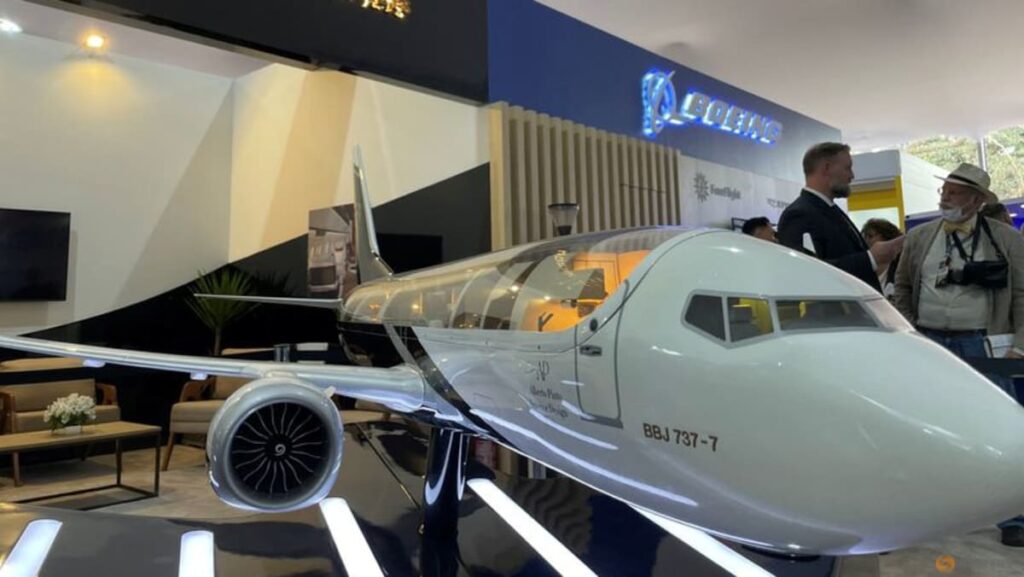Over the weekend, Air India Group started checking the locking mechanism on the fuel switches of its Boeing 787 and 737 fleets and has discovered no problems yet, a source familiar with the matter told Reuters.
About half the group’s 787s have been inspected and nearly all its 737s, in inspections set to be completed in the next day or two, the source added, speaking on condition of anonymity.
In a statement, Japan’s JAL said safety was its top priority, adding, “We are closely monitoring the investigation into the incident and will implement any necessary inspections based on its findings.”
In its 2018 advisory, the FAA recommended, but did not mandate, operators of several Boeing models, including the 787, to inspect the locking feature of the fuel cutoff switches to ensure they could not be moved accidentally.
On Sunday, citing a document and sources, Reuters reported that the planemaker and the FAA had privately issued notifications to airlines and regulators that the fuel switch locks on Boeing planes were safe and checks were not required.
The Air India preliminary report said the airline had not carried out the FAA’s suggested inspections as the FAA’s 2018 advisory was not a mandate.
But it also said maintenance records showed that the throttle control module, which includes the fuel switches, was replaced in 2019 and 2023 on the plane involved in the crash.
Air India replaced the module on the aircraft in 2019 and 2023 in a planned change after 24,000 flight hours that was not limited to the crashed jet, the source familiar with the matter said.
In an internal memo on Monday, airline CEO Campbell Wilson said the investigation into the crash was far from over and it was unwise to jump to premature conclusions, following the release of the preliminary report.
Read the full article here

